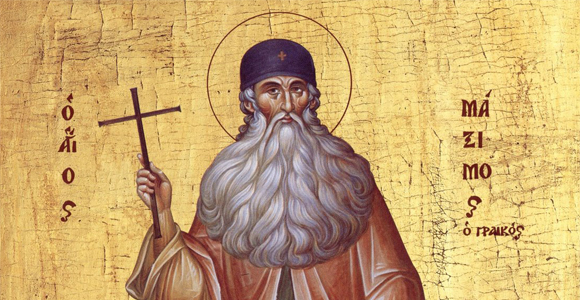
CHICAGO, ILLINOIS.
I appreciated Professor Deneen’s discussion of the problem of free-riding, and I agree that ours is a precarious position, but I would suggest that it is also paradoxically the strongest position available inasmuch as we are always trying to be very conscious of our debts and the obligations they impose on us. At the risk of sounding pompous, I submit that the main lines of criticism against this position (i.e., we are simply choosing an alternative, our choices are made possible by the very things we reject, etc.) do not amount to very much. Indeed, they are the philosophical equivalent of lecturing the penitent man that he is a sinner and mortal, which is something one has to assume he already knows, else he would not be repenting.
Like the penitent man, we have inherited our current state, our predicament, along with everyone else, and like him we are not satisfied with it. To pursue the theological comparison a bit more, let us reflect on the fallen state of man. How did it happen, and what was the cause of the Fall? Our ancestors chose to try to be as gods and willed the one thing that God had forbidden them. Individual autonomy is at the heart of the Fall, and so it is part of our fallen nature, the part that St. Maximos described as the gnomic (deliberative) will. This is how we are now, but this is not how we were created. As fallen creatures we can embrace this autonomy, celebrate it and make it one of our highest goods, as most modern traditions would have us do, or we can turn back to God and change our minds. In our case, it is also true that none of us would be where and who we are without many of the things we are critiquing and rejecting, and indeed ultimately none of us would be here at all had our first ancestors not disobeyed God, but while we should not be entirely ungrateful for our inheritance neither should we acquiesce in repeating the same errors and persisting in false beliefs about human nature and nature.
Respect for our patrimony, our inheritance, is an essential part of what we are defending here, and we are not engaged in what Niemeyer called “total critique” in that we are not particularly interested in beginning the world anew. We retain affection and loyalty for what has been handed down to us because it is part of who we are, just as Christians have always been taught to fulfill their obligations to family and polity with the full knowledge that we have a greater loyalty and an unfathomable debt to God, and it is out of that loyalty that we are obliged to reject what is unsustainable and eventually destructive of the institutions and the country to which we do owe so much.
Cross-posted at Eunomia





4 comments
Stewart
“We don’t need to bring in Christianity, Conservatism, or Patrimony to understand that. Gratefulness, affection and loyalty are not necessary to make your eminently reasonable point.”
Aren’t these specifically things necessary to accept the gifts of the past, keep them, and pass them on to others?
Ben A.
You’re saying that we should learn from the past but reject unsustainable traditions?
We don’t need to bring in Christianity, Conservatism, or Patrimony to understand that. Gratefulness, affection and loyalty are not necessary to make your eminently reasonable point.
I think we can get along as humans without invoking filial and tribal obligations at every turn in our politics.
Stewart
Avarachan,
Where Larison says, “This is how we are now, but this is not how we were created” perhaps that holds your answer. Of course, there is the possibility that he is claiming that before the aboriginal catastrophe sexuality did not exist. When he says, “none of us would be here at all had our first ancestors not disobeyed God” he might be referring to the condition here (not how we were created) though it is possible the emphasis is on would not be. Larison?
I agree with the heart of this, though. We are flung into the world at a particular place in history, culture, and the cosmos. Claiming autonomy (which we never possess) is “free riding”, arrogant, and ungrateful. Everything we have is inherited–good and bad, and as a gift, it should be received with corresponding gratitude. Liberalism treats history as a whore and moves on to the next with as much ingratitude.
Avarachan
“[I]ndeed ultimately none of us would be here at all had our first ancestors not disobeyed God[.]”
Can you explain what you mean by this?
Thanks,
Avarachan
Comments are closed.